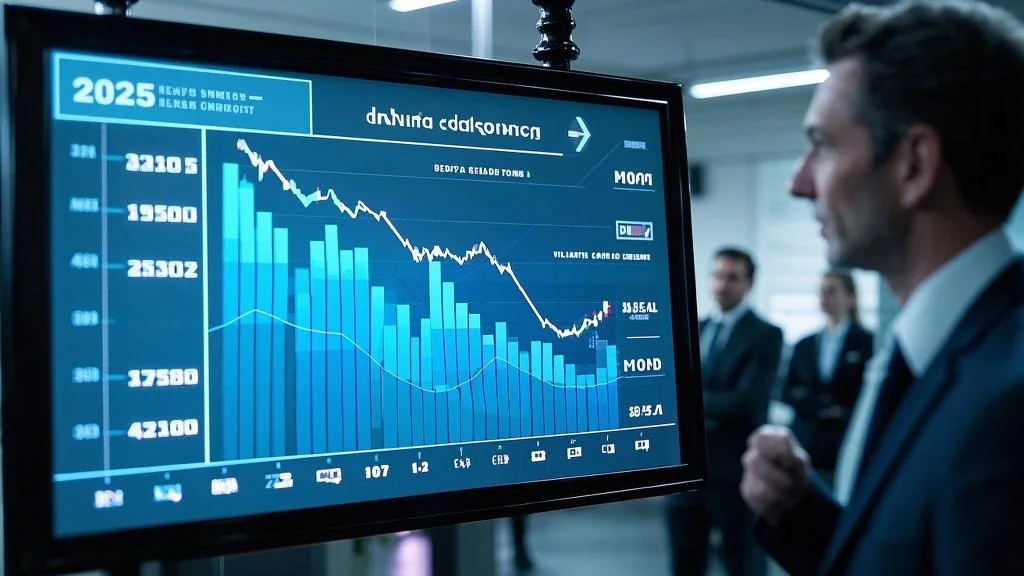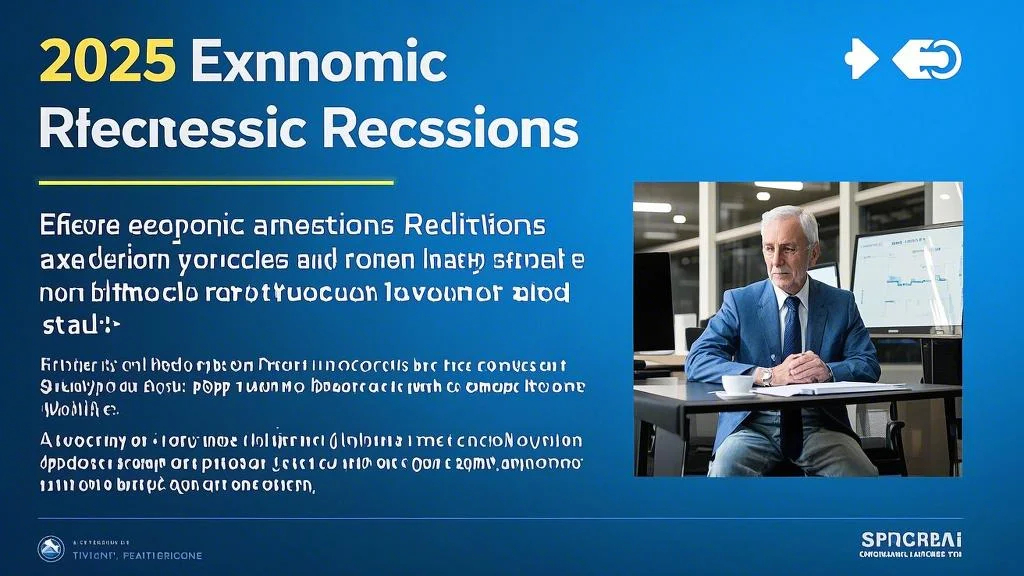How the 2025 Economic Recession Will Affect Your Investments

Understanding the 2025 Economic Recession Predictions
As economists and analysts warn of a potential economic recession in 2025, investors are scrambling to prepare for the potential impact on their portfolios. A recession is typically characterized by a significant decline in economic activity, often marked by rising unemployment, reduced consumer spending, and declining business profits. While no one can predict the exact timing or severity of a recession, understanding the factors that could contribute to one—such as slowing global growth, geopolitical tensions, or interest rate hikes—can help investors make informed decisions. By staying ahead of the curve and adjusting their strategies, investors can mitigate risks and even find opportunities in a challenging economic environment. The key is to remain proactive and flexible, rather than reactive, as market conditions evolve.
How Recessions Impact Different Asset Classes
During an economic recession, not all asset classes perform equally. Stocks, particularly those in cyclical sectors like technology and consumer discretionary, often experience significant declines as corporate earnings shrink and investor confidence wanes. On the other hand, defensive sectors such as utilities, healthcare, and consumer staples tend to hold up better, as demand for essential goods and services remains relatively stable. Bonds, especially government bonds, often perform well during recessions, as investors flock to safer assets. Real estate can be a mixed bag, with commercial properties often struggling while residential real estate may remain resilient. Understanding how different asset classes are likely to perform can help investors rebalance their portfolios to weather the storm and potentially capitalize on opportunities that arise during a downturn.
Identifying the Best Recession-Proof Stocks
One of the most effective ways to protect your portfolio during a recession is to invest in recession-proof stocks. These are typically companies in defensive sectors that provide essential goods and services, such as healthcare, utilities, and consumer staples. For example, companies like Procter & Gamble and Johnson & Johnson have historically performed well during economic downturns due to the consistent demand for their products. Another strategy is to focus on companies with strong balance sheets, low debt, and consistent cash flow, as these are better positioned to weather financial challenges. Dividend-paying stocks can also provide a steady income stream during uncertain times. By identifying and investing in recession-proof stocks, investors can reduce their exposure to market volatility and maintain stability in their portfolios.

The Role of Inflation in Shaping Investment Strategies
Inflation is a critical factor to consider when preparing for a potential economic recession. Rising inflation can erode purchasing power and lead to higher costs for businesses, which can further strain the economy. For investors, understanding the inflation impact on investments is essential to developing a resilient strategy. Inflation typically benefits tangible assets like real estate and commodities, as their values tend to rise with inflation. On the other hand, fixed-income investments like bonds can suffer, as inflation reduces the real value of their returns. Equities can be a mixed bag, with some companies able to pass on higher costs to consumers while others struggle. By incorporating inflation-resistant assets into their portfolios, investors can better protect their wealth and navigate the challenges of a recessionary environment.
Stock Market Forecast: What to Expect in 2025
As we look ahead to 2025, the stock market forecast is clouded with uncertainty. While some analysts predict a prolonged downturn due to potential economic recession risks, others believe that markets may stabilize or even recover as central banks adjust monetary policies. Historically, stock markets tend to be forward-looking, often pricing in economic challenges before they fully materialize. This means that while volatility is likely to increase, there may also be opportunities for savvy investors to buy undervalued stocks. Sectors like technology, renewable energy, and healthcare could see renewed interest as innovation and long-term growth prospects outweigh short-term economic concerns. By staying informed and maintaining a long-term perspective, investors can navigate the uncertainties of the stock market forecast and position themselves for success.
How Interest Rate Hikes Could Shape the Investment Landscape
Interest rate hikes are a double-edged sword for investors. On one hand, higher interest rates can help curb inflation and stabilize the economy, which is beneficial in the long run. On the other hand, they can increase borrowing costs for businesses and consumers, potentially slowing economic growth and impacting corporate earnings. For investors, rising interest rates often lead to lower bond prices and increased volatility in equity markets. However, certain sectors, such as financials, tend to benefit from higher rates, as they can charge more for loans and improve their profit margins. Understanding the implications of interest rate hikes is crucial for adjusting investment strategies and identifying sectors that are likely to outperform in a rising rate environment.
Conclusion: Preparing Your Portfolio for the 2025 Recession
While the prospect of a 2025 economic recession may seem daunting, it also presents an opportunity for investors to reassess and strengthen their portfolios. By focusing on recession-proof stocks, understanding the inflation impact on investments, and staying informed about the stock market forecast, investors can navigate the challenges ahead. Additionally, monitoring the effects of interest rate hikes and adjusting strategies accordingly can help mitigate risks and uncover opportunities. The key is to remain proactive, diversified, and focused on long-term goals. By taking these steps, investors can not only survive a potential recession but also position themselves for growth when the economy recovers.